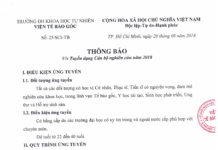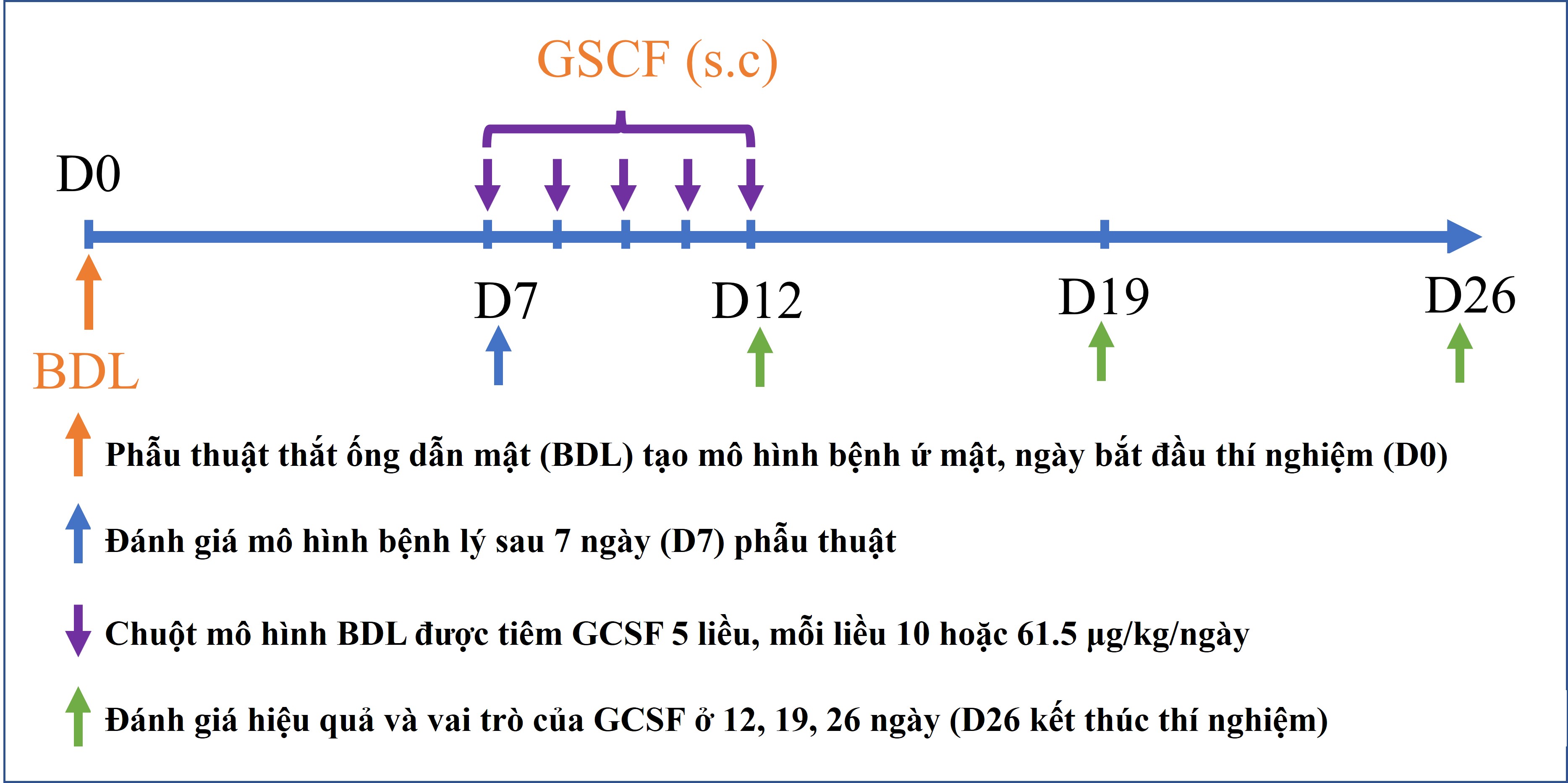Improving the efficacy of type 1 diabetes therapy by transplantation of immunoisolated insulin-producing cells.
Source
Laboratory of Stem Cell Research and Application, University of Science, Vietnam National University, 227 Nguyen Van Cu, District 5, Ho Chi Minh, Vietnam.
Abstract
Type 1 diabetes occurs when pancreatic islet β-cells are damaged and are thus unable to secrete insulin. Pancreas- or islet-grafting therapy offers highly efficient treatment but is limited by inadequate donor islets or pancreases for transplantation. Stem-cell therapy holds tremendous potential and promises to enhance treatment efficiency by overcoming the limitations of traditional therapies. In this study, we evaluated the efficiency of preclinical diabetic treatment. Diabetes was induced in mice by injections of streptozotocin. Mesenchymal stem cells (MSCs) were derived from mouse bone marrow or human umbilical cord blood and subsequently differentiated into insulin-producing cells. These insulin-producing cells were encapsulated in an alginate membrane to form capsules. Finally, these capsules were grafted into diabetic mice by intraperitoneal injection. Treatment efficiency was evaluated by monitoring body weight and blood glucose levels. Immune reactions after transplantation were monitored by counting total white blood cells. Allografting or xenografting of encapsulated insulin-producing cells (IPCs) reduced blood glucose levels and increased body weight following transplantation. Encapsulation with alginate conferred immune isolation and prevented graft rejection. These results provide further evidence supporting the use of allogeneic or xenogeneic MSCs obtained from bone marrow or umbilical cord blood for treating type 1 diabetes.
- PMID:
- 21567289
- [PubMed – in process]




